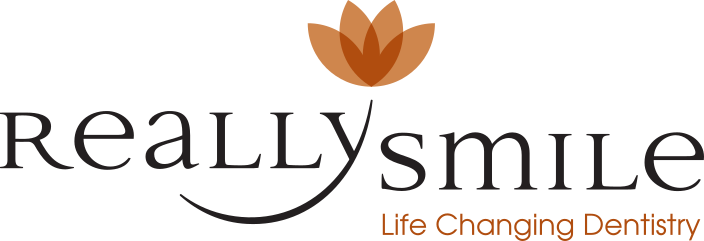Good Morning, Carmel, IN! How’d you sleep?
Everyone has a bad night every once in a while, but for sufferers of Obstructive Sleep Apnea (OSA), a good night’s rest is almost an impossibility. These people wake up feeling unrested; but what’s much worse is the growing body of evidence that suggests that sleep apnea is a root cause for a number of problems, from Type-2 Diabetes to poor job performance.
Sleep apnea is extremely common. According to the American Sleep Apnea Association it’s possible that 22 million Americans suffer from sleep apnea. That’s a huge number, but when you consider that 80% of cases of moderate and severe OSA are undiagnosed, the impact of this disorder becomes even more serious.
Of the three types of sleep apnea, OSA is the most common, making up 84% of sleep apnea cases. As its name implies, OSA is the result of an obstruction: the tongue falls back onto the soft palate, which falls onto the back of the throat, blocking the airway. While this problem is fairly easy for most people to understand, the science behind exactly why it happens is still unclear.
This blockage causes the sufferer to stop breathing, and usually multiple times during a normal sleep period. The cumulative effect is a reduction in oxygen entering the body, preventing it from doing what it needs to do (including within the brain).
Could you have sleep apnea?
Sleep apnea escapes so many people for a fairly obvious reason: they’re asleep when it happens! Additionally, you won’t be aware that it’s happened when you wake up. If you have a sleeping partner, they may have already mentioned one of the most noticeable signs: loud, excessive snoring.
If you sleep alone, how you feel in the morning and the rest of the day can be an indicator. If you can’t remember the last time you had a really good night’s sleep, or if you find that you’re overly tired during the day frequently, it would be wise to be evaluated by a medical professional. This will include a “sleep study”, either at home or in a laboratory setting.
What can Really Smile Do For Me?
The most well-known form of treatment is the use of CPAP (continuous positive airway pressure) device. It forces air into the airway, and keep it open. On paper, CPAP is effective, but in practice it’s a different story. Simply put, CPAP devices are uncomfortable. The sound of the machine at night is disruptive, and the mask (which covers both the mouth and nose) is so uncomfortable, that people stop using the device, or use it infrequently. Estimates vary, but patients probably only use their devices 40% of the time, dropping the therapeutic benefit of CPAP to zero.
The end result is that the OSA sufferer doesn’t get any better; ultimately, without proper treatment, sleep apnea has the potential to shorten your life span and reduce the quality of life.
At Really Smile, we employ an alternative treatment for OSA. We use an oral appliance, similar to a mouth or night guard, to treat OSA. The oral appliance adjusts the position of the jaw slightly, moving it slightly forward. Oral appliances are effective for most people with OSA, including some with severe cases. We also work with sleep specialists who help make a proper diagnosis and provide further guidance.
What Else Can I Do?
Lose Weight! If you want to rest easy, losing just a few pounds is enough to make a considerable difference. Research shows that losing 10% of your body weight can reduce the severity of your OSA symptoms by 30%.
Quit Smoking! Yet another reason to kick the habit. Numerous studies have linked smoking to OSA.
Avoid Alcohol and Other Relaxants! If you are suffering from sleep apnea, it might be time to re-consider your relationship with alcohol and other relaxants (such as sleeping pills). When combined with aging, these create a “cocktail” that reduces your muscle tone, increasing your risk for developingOSA.
Sleep on your Side! If you’re the type who likes to stare at the ceiling as you go to sleep, and you have sleep apnea, it’s time to change your position. Sleeping on your side is recommended, and you can train yourself to do it by putting a tennis ball in a sock and attaching it to your pajama top.
Make an Appointment Today!
If you think that you or someone you love has obstructive sleep apnea, don’t hesitate to contact us. Use our online appointment form, or call us at 317-597-8748.
